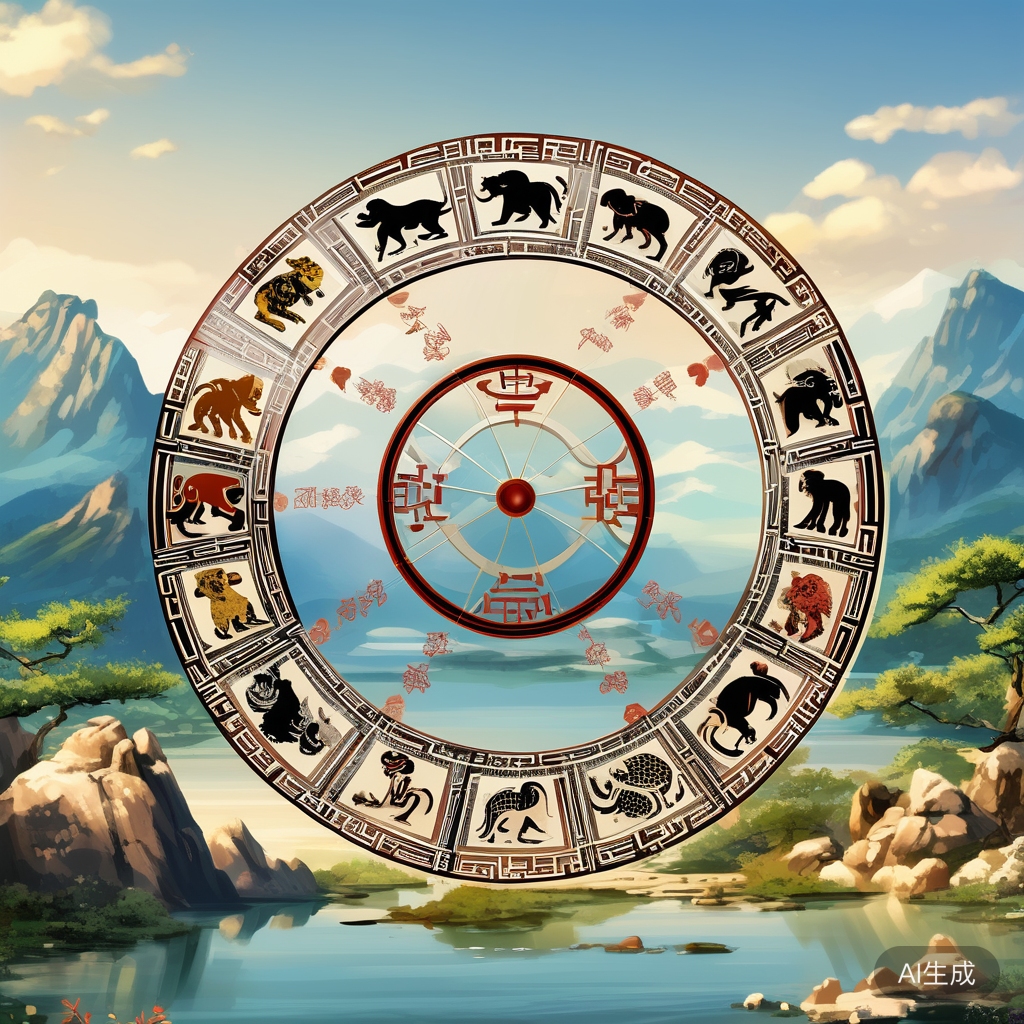I still remember the first time I stumbled upon astrology; it was love at first sight. The nebulous prophecies, the satisfying narratives, and the happy endings all deeply captivated me.
Let’s backtrack a bit before we dissect the inaccuracies of astrology. Let’s explore the origins of the zodiac signs. Astrology, also known as horoscopes or astrophysics, originated thousands of years ago when the Babylonians created the zodiac chart. Astrology as we know it today developed from this.
Astrologers believe that a person’s character and behavior are determined by the positions of the stars and planets at the time of their birth.
For millennia, the core tenets of astrology have remained unchanged. To this day, no one has been able to provide compelling evidence of the practicality of astrology.

Take a look at how astrology ensnares people. Consider the description of Virgo: "You are a highly logical person who dislikes disorder and chaos." Now, isn’t everyone logical to some extent? Who enjoys disorder and chaos? Maybe a few outliers, but not many. All it takes for astrology to seem accurate is for the majority to nod in agreement.
Consider this statement: "Your picky nature is even hard for your friends to tolerate. You deal with things calmly and unemotionally, and you’re naturally adept at resolving conflicts."

It’s common knowledge that Virgos are picky, but let’s face it, everyone has a picky side, and no one likes to be on the receiving end of criticism. This statement is universally applicable. Plus, who wouldn’t want to be praised as calm, unemotional, and skilled at resolving conflicts?
This brings us to a crucial point: astrology is a lot like our local fortune tellers, telling us what we want to hear.
Take another example from horoscopes: "You are naturally introverted, cautious, and careful in dealing with things around you, but sometimes you can also be outgoing and unrestrained."

At first glance, this statement seems contradiction-free, but in reality, introversion and extroversion are two ends of the personality spectrum. This means that this statement could apply to anyone, leading to confirmation bias.
Confirmation bias is a psychological term that refers to the tendency to focus only on information that confirms one’s expectations while ignoring other information.
Astrology thrives on such psychological effects.
There’s another psychological term that explains why people think astrology is accurate: "uncritical acceptance of flattery."
This term means that when something sounds true or pleasing to everyone, we tend to believe it. Clearly, astrology has succeeded in this regard.
There are also some hard-to-ignore facts: Astrologers can’t explain why the exact time of birth is more significant than the time of conception. Maybe it’s because we tend to remember the time of birth but can’t pinpoint the exact moment of conception.
In one study, astrologers couldn’t distinguish between murderers and law-abiding citizens based on astrological charts.
Clearly, astrology is pseudoscience. There’s a psychological effect called the Barnum Effect, which states that the more vague and general the language used to describe someone, the more likely they are to believe it’s accurate.
Pseudopsychologists are adept at using the Barnum Effect, employing vague and general language that can’t really be wrong. It’s a bit like cold reading, a trick often used by fortunetellers.
Other pseudosciences include palmistry, phrenology, and graphology. In other words, things like reading palms, judging someone’s talents and abilities based on the shape of their skull, and inferring someone’s character from their handwriting are all fake sciences with no empirical research to back them up. They’re just scams.

In conclusion, I hope that after reading this, you’ll develop a critical mindset and be able to distinguish pseudoscience from real science.








